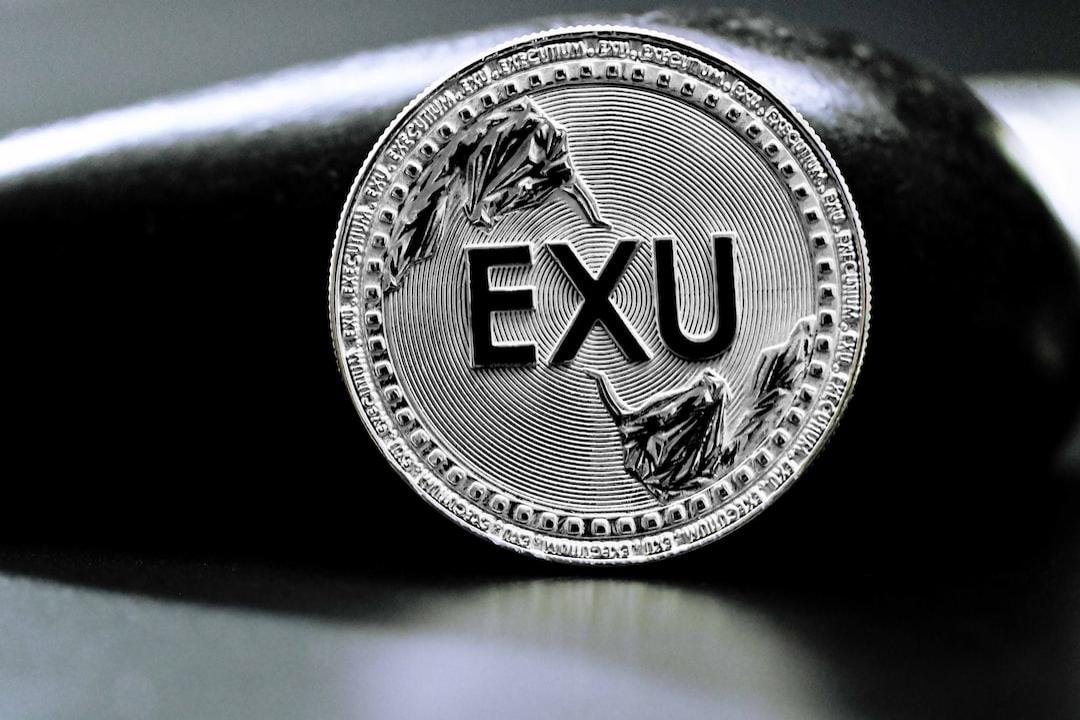Fidelity, the prominent asset management firm, has made an announcement stating that pension funds are contemplating the idea of investing in cryptocurrencies.
This move by major asset management firms like Fidelity and BlackRock indicates a growing acceptance of cryptocurrencies among institutional investors.
Pension plans are proceeding with caution as they consider the potential of investing in cryptocurrency assets, taking measured steps. Manuel Nordeste, vice president of Fidelity Digital Assets, revealed this information during an event in London. He emphasized that pension plans are initiating conversations with their investment committees regarding opportunities for digital asset investments.
However, the adoption of cryptocurrencies by pension funds is slower compared to other investor segments, such as family offices and high-net-worth individuals, who have shown a greater interest in crypto investments. Nordeste’s statement highlights a significant shift in the investment landscape, with Fidelity leading the way in attracting institutional capital to the cryptocurrency space.
Nevertheless, many of these institutions are still lagging behind other players in the industry, such as family offices and high-net-worth individuals, who have shown more enthusiasm for cryptocurrency investments. Nordeste’s statement further emphasizes that Fidelity is at the forefront of introducing institutional funds into the cryptocurrency market.
BlackRock and the Evolution of Institutional Participation
BlackRock, one of the largest players in the asset management industry, predicts that more institutions, including pension plans, will enter the crypto market. With the expected approval of Bitcoin spot market exchange-traded fund (ETF) products by the US Securities and Exchange Commission, institutions are likely to invest in Bitcoin through regulated financial products.
Investing in spot Bitcoin ETFs allows institutional investors with large capital to join the cryptocurrency trend, bypassing objections based on a lack of understanding and regulation.
Fidelity’s Stance on Digital Assets
Fidelity has been proactive in advocating for digital assets, as evidenced by the establishment of a separate branch for these assets in 2018. The highlight of this commitment is the launch of the Fidelity Wise Origin Bitcoin Fund (FBTC) in January of this year. This move demonstrates Fidelity’s belief in the long-term potential of cryptocurrencies and their integration into mainstream investment portfolios.
Fidelity’s research highlights the difference in opinions about digital assets between high-net-worth individuals and pension plans. It appears that 83% of the older generation have a positive attitude towards digital assets, while only 23% of the younger generation share the same sentiment. However, the impact of US pension funds, which hold over $4 trillion in capital, entering the crypto market can be transformative.
Therefore, even a small allocation to Bitcoin by pension funds could generate significant capital contributions. Additionally, legislative initiatives, such as those observed in Arizona, aim to regulate and potentially include Bitcoin ETFs in state retirement plans, further indicating the institutionalization of Bitcoin.
Challenges in Pension Fund Adoption
One of the reasons why pension funds are hesitant to adopt cryptocurrencies is their conservative investment approach, which aims to protect the future retirement savings of their beneficiaries. There are still risks associated with the unpredictability and instability of crypto assets, among other uncertainties. Despite the potential for higher returns, pension funds proceed with caution, prioritizing stability and risk mitigation in their investment portfolios.
One major barrier to pension plans investing in crypto is the lack of clear and stable regulatory framework. With cryptocurrencies known for their high volatility and unique regulatory challenges, pension plans have historically approached such investments with caution. However, the emergence of regulated products, such as spot Bitcoin exchange-traded funds (ETFs), provides a more accessible entry point for institutional investors.
Recommended for you:
Guide to Buying Bitcoin
Tutorial for Bitcoin Wallets
Check the 24-hour Bitcoin Price
More Bitcoin News
What is Bitcoin?


